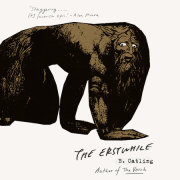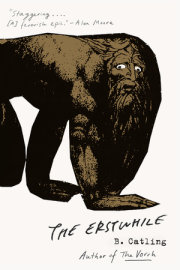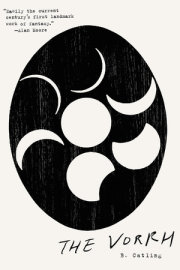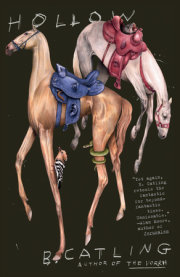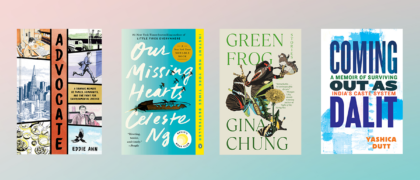London—
This is where the man-beast crawls, its once-virtuous body turned inside out, made raw and skinless, growing vines and sinews backwards through the flesh, stiff primordial feathers pluming in its lungs, thorns and rust knotted to barbed wire in its loins. Guilt and fear have gnawed the fingertips away to let the claws hook out into talons. Sharpened by digging a home in a shallow grave. It is seen on all fours, naked, and worse across the broken ground on sharp knees that are red raw from chiseling the earth to gain some purchase. Prowling inside a trench blinded by stark glares of explosions. Another bellowing flash sculpts the rippling muscle of its back and arms and the thick prophet’s hair that has become soured by warfare into itching dreadlocks, mud-filled like the beard of dribble and tangled ginger grit.
But it is the face that alarms, skinned alive by shock.
The eyes terrified in the sudden phosphorus glare. Ultimately lost and forever in a gutter of staring that has emptied its skull.
The small balding artist makes a further adjustment to their expression, widening the pupils, setting them in a squint, looking in different directions to give insight into the mind cleaving.
He then steps away from the table where the picture had been made and nods to himself, his ink-stained fingers rubbing his chin. Yes, it was almost ready to be finalised for printing. A small noise on the other side of the room made him look up and drag his thoughtinto the open: “I say it’s almost ready to be finalised.”
Someone or something was draped against the shabby curtain that was saturated in the stink of London. The artist took the picture from the table and held it up to show his subject and emphasize his words.
“I never looked like that!” came the reply. “You have caught me between worlds, upriver before I left the great forest and downriver after. You have gone and left me here alone and all the other Rumuors have sailed over to the Dauphin’s land to be torn apart in the mud, in the first of your world wars of which there shall be many.”
It was difficult to understand the model because he had been speaking in a vocabulary of shadows. He had not yet learned language. Instead he spoke into the artist’s mind telepathically, without words, which made the artist’s mouth work unconsciously, trying to shape the sounds in his mind. For anyone else, this manner of communication could be shocking, but for this painter, it was just another day communing with the angels.
The model said he was of the Erstwhile, but this made no sense to the painter. He also referred to humans as “Rumours,” with a capital “R.” It all seemed a bit delirious and the waning day outside was blurring the edges of their meanings. The model’s statement about a French trench in a future world war had not been understood.
The night closed slower back then, the eye calibrated to dusk and all the nuances that have since been removed and exiled by electricity. The city in these days was encrusted in an ancient gloom—the small wicks of the whale-oil lamps glowed in every tarry hutch, doing little but adding a smoked glitter to the polished coral of London’s darkness. A blind man, and there were many then, could tell of night’s arrival by the change of smell, as the whale oil’s stench rose up against the departing light. The river held the tides in its deep ragged throat for a moment before reversing its might under the command of a hidden moon. On the banks of the Thames thousands of stacked wooden rooms creaked and shuddered.
The painter protested: “But it is you, exactly as you described it. As you looked before. Before you found me. It’s you leaving that forest. Fleeing that Vure you speak of.”
“V O R R H ! and I did not flee.”
This was transmitted in careful curves with a new insistence in its pressures, forcing the artist to drop the picture and hold his head.
The abruptness surprised the last particles of day.
“Do
not write
my name on this. If you must show it to others say it is someone else.”
“But who? What?” asked the confused artist. “Nothing else looks like this.”
“Then hide it, bury it under others, show no one, burn it.”
“But it shows another face of God,” the artist said. “God in the beast and man declining, falling from grace.”
The model maintained his clarity while dissolving in the gloom.
“An ancient king,” he thought, tossing it back in the wake of his leaving, and the wisp of it undid the pain in the artist’s temples. He took his hands down and looked at his stained fingers as if trying to match the same darkness in the pigment with that which was growing in the room.
“I will call it Nebuchadnezzar,” he quietly called out, in the way one speaks to the final closed door of a departed lover, the fleeing absence of a once-attentive listener.
It became one of William Blake’s greatest works.
Copyright © 2017 by B. Catling. All rights reserved. No part of this excerpt may be reproduced or reprinted without permission in writing from the publisher.



